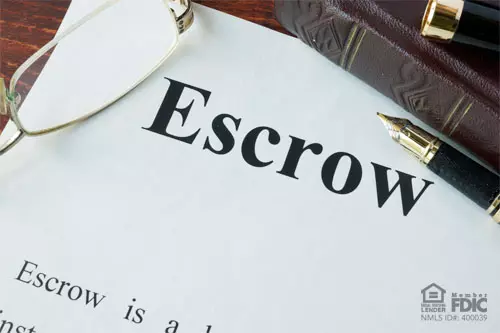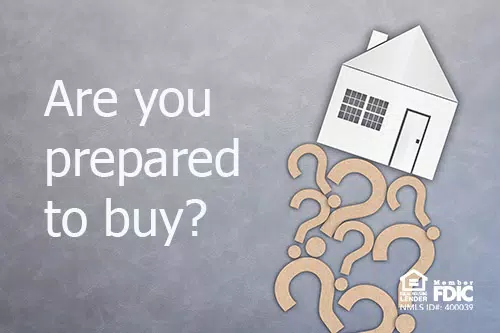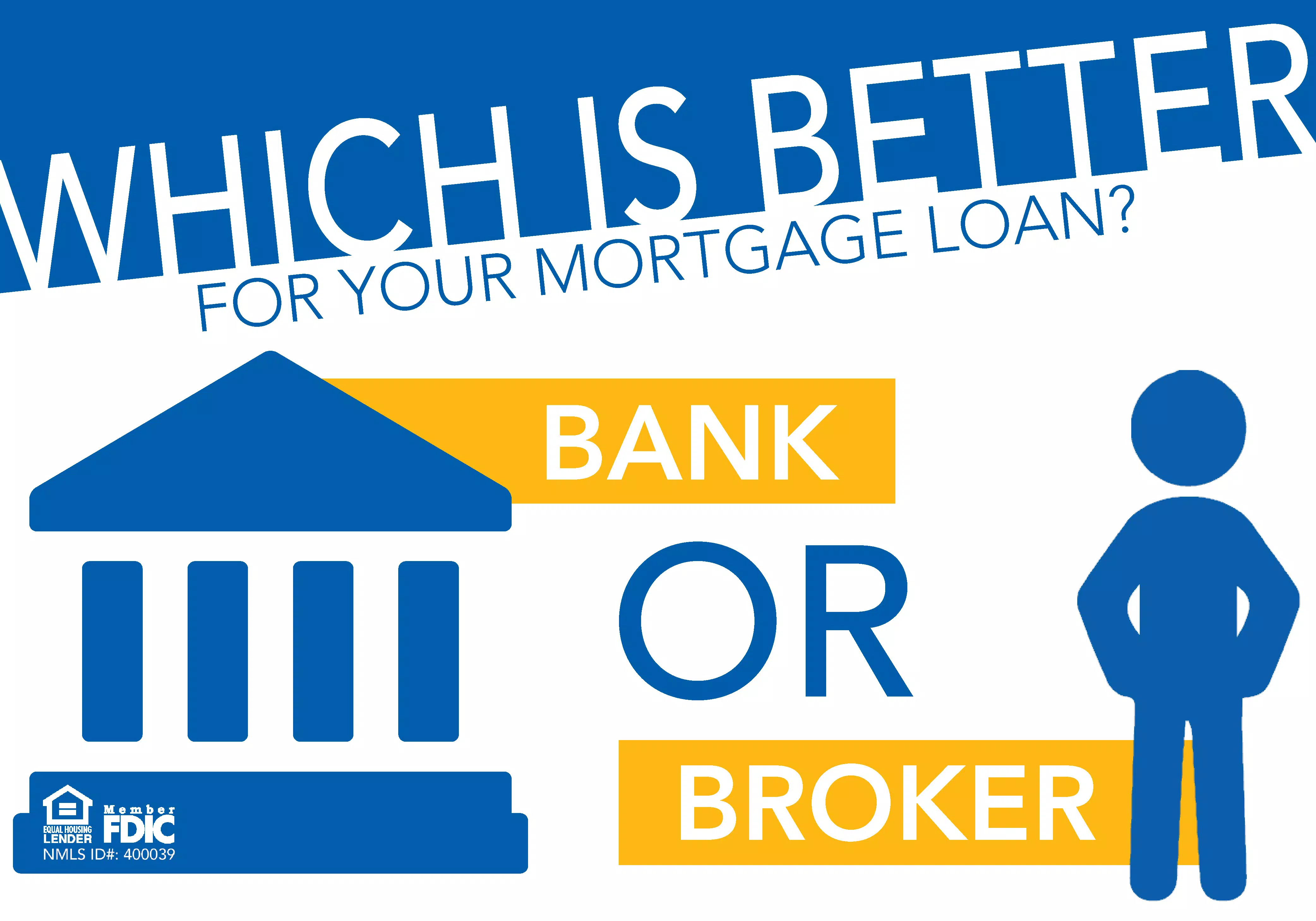When you are in the process of buying a house, an escrow account helps to ensure that all transactions are financially backed. By definition, an escrow is where a third party holds money in a transaction involving a financial arrangement involving two different parties. An escrow ensures that transactions are more secure because the funds for the payment are kept in the account until all the agreed-upon terms have been met.
Transactions that involve a large sum of money, where there are several obligations that each party must fulfill, are where an escrow account is useful. Financial institutions and legal offices typically provide these escrow services. There are a few types of escrows that work differently from one another, but the basic principle remains the same.
How an Escrow Works in a Home Purchase
In a home purchase, the escrow agent (generally the title company handling the closing) will receive the home’s deed from the seller, your down payment, and the money for your mortgage from the financial institution. For the sale and purchase agreement, various tasks must be completed. These tasks could include obtaining a title insurance policy or approval for a home inspection report.
Once these have been completed, the escrow agent will transfer the escrow money to the seller. They will also record the deed and loan documents, which thereby transfer the property from the seller to the buyer. The escrow is then considered closed.
How an Escrow Works in Mortgages
Once you have purchased a home, you may run into another type of escrow. Mortgage lenders require you to make your mortgage repayment, take out an insurance policy on your home, and pay your property taxes on time. These payments are also nicknamed “PITI” which stands for:
- Mortgage Principal
- Mortgage Interest
- Property Taxes
- Homeowners Insurance
Lenders often collect these payments on your behalf to ensure they are paid on time and reduce their risk. They prorate the PITI payments by month and pull together a two-month cushion to protect against tax increases. The money for these payments is placed into an escrow account, which is used to pay these bills when they are due.
For example, let’s say your lender has determined that to pay your property taxes and homeowner’s insurance, you will need $4,800 per year. To cover these expenses, your lender will require that you pay $400 monthly in addition to your mortgage payments. The $400 is calculated by taking the total $4,800 and dividing it by twelve months. Your lender will then pay your property taxes and insurance on your behalf.
An additional two months of escrow payments can be collected by your lender every year. This money will cover property tax or insurance bills that increase during closing. Your lender must also send you an annual statement that shows how much is in your escrow account and their projections for the payments coming in the upcoming year. The Real Estate Settlement Procedures Act defines this requirement. Any amount collected in your escrow above $50 must be refunded to you within 30 days of this annual statement release.
Repair Escrow
Another type of escrow is when money is set aside during closing to cover repairs necessary for the property to reach its full appraised value. An example would be if the home you are purchasing has a damaged roof caused by a hailstorm. An appraiser will evaluate the repairs needed for the property to raise its value. The lender will, in turn, take the higher appraised value and increase your loan amount. Your loan amount will only increase if you meet income requirements for the increased loan amount. The additional money will be transferred to your escrow account that has been set up in closing. The funds will be released once the repairs have been completed, closing the escrow.
The various types of escrow allow peace of mind to all parties involved in a home purchase. An escrow is a valuable resource for holding money for all parties involved until contingencies have been met.
If you have more questions about purchasing a home or would like to talk to a mortgage professional, call NASB at 888-661-1982.




